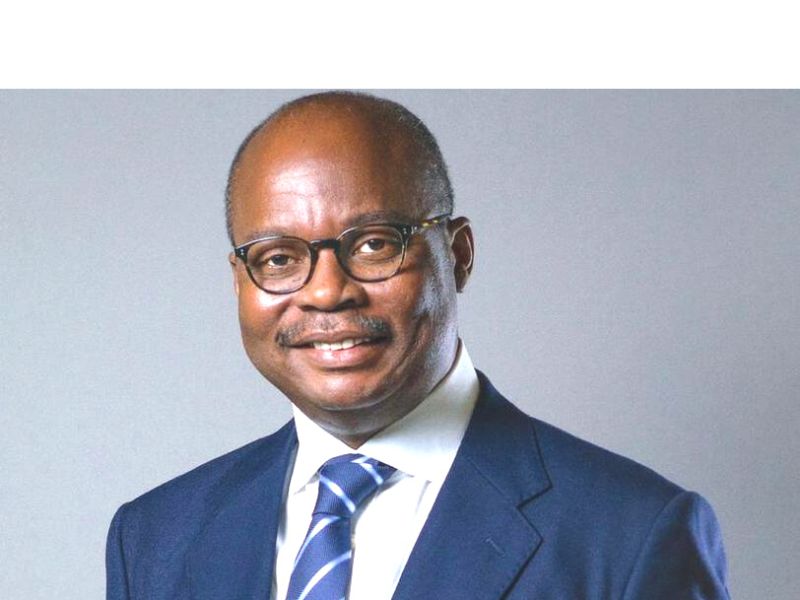The Bank of Ghana (BoG) has announced a surplus of US$0.46 billion the Balance of Payments for 2023, signaling a positive shift in Ghana’s economic performance.
This was said by the Governor of BoG, Dr. Ernest Ato Addison, who is also the Chairman of the Monetary Policy Committee yesterday, during the 117th Monetary Policy Committee (MPC) press briefing.
“The provisional Balance of Payments outcome for 2023 shows an overall surplus of US$0.46 billion compared to a deficit of US$3.41 billion in 2022”, he stated.
Addressing the media, the Governor said a surplus of US$0.46 billion, compared to a deficit in 2022, was driven by lower income payments, increased remittance inflows, and supportive policies such as the gold purchase programme and IMF support.
“These were supported by policies, including inflows from the gold purchase programme, stepped-up foreign exchange purchases from the mines and oil companies, the first tranche of the IMF ECF- supported programme, higher remittance inflows and lower outflows from the debt standstill”, he explained.
However, he continued that the current account also recorded a surplus of US$1.11 billion, reflecting a significant improvement from the previous year. However, while the trade balance showed a surplus, total export earnings decreased slightly due to lower crude oil exports, offset by a notable increase in gold exports.
He emphasized that, “Total exports earnings in 2023 amounted to US$16.66 billion, some 4.8 percent lower than 2022, driven largely by lower crude oil exports and to a lesser extent by cocoa and other exports. Gold exports, in contrast, increased by 15.0 percent to US$7.60 billion on the back of both volume and prices increases.”
On the import side, Dr. Addison indicated that the total bill decreased in 2023, driven by reductions in both oil and non-oil imports. This, he said, there is the need for sustained policy measures to maintain this positive economic trajectory.
“The total import bill in 2023 was US$14.01 billion, dropping by some 4.2 percent compared to 2022, driven by both oil and non-oil imports. Oil imports reduced by 3.3 percent to US$4.48 billion – with non-oil imports falling by 4.6 percent to US$9.54 billion”, he added.
Furthermore, he explained that the services account showed a net payment of US$3.40 billion in 2023, slightly lower than in 2022.
Also, Net income payments dropped significantly to US$2.08 billion, with interest payments on public debt decreasing by 89.5% to US$0.17 billion while remittance flows grew by 10.1% to US$3.93 billion, contributing to the overall surplus in the current account.
The capital and financial account also experienced reduced outflows, with total capital and financial outflows amounting to US$0.76 billion in 2023, significantly lower than the previous year.
Portfolio outflows decreased to US$0.28 billion and government debt amortisation dropped to US$0.58 billion, reflecting the impact of the debt standstill announced in December 2022.
On Gross International Reserves, the Governor admitted that it increased in 2023.
“The stock of Gross International Reserves (GIR) at the end of December 2023 rose to US$5.91 billion, equivalent to 2.7 months of import cover for goods and services.
“Excluding pledged assets and the Ghana Petroleum funds, the GIR at the end of December 2023 stood at US$3.67 billion, equivalent to 1.7 months of imports cover.”










